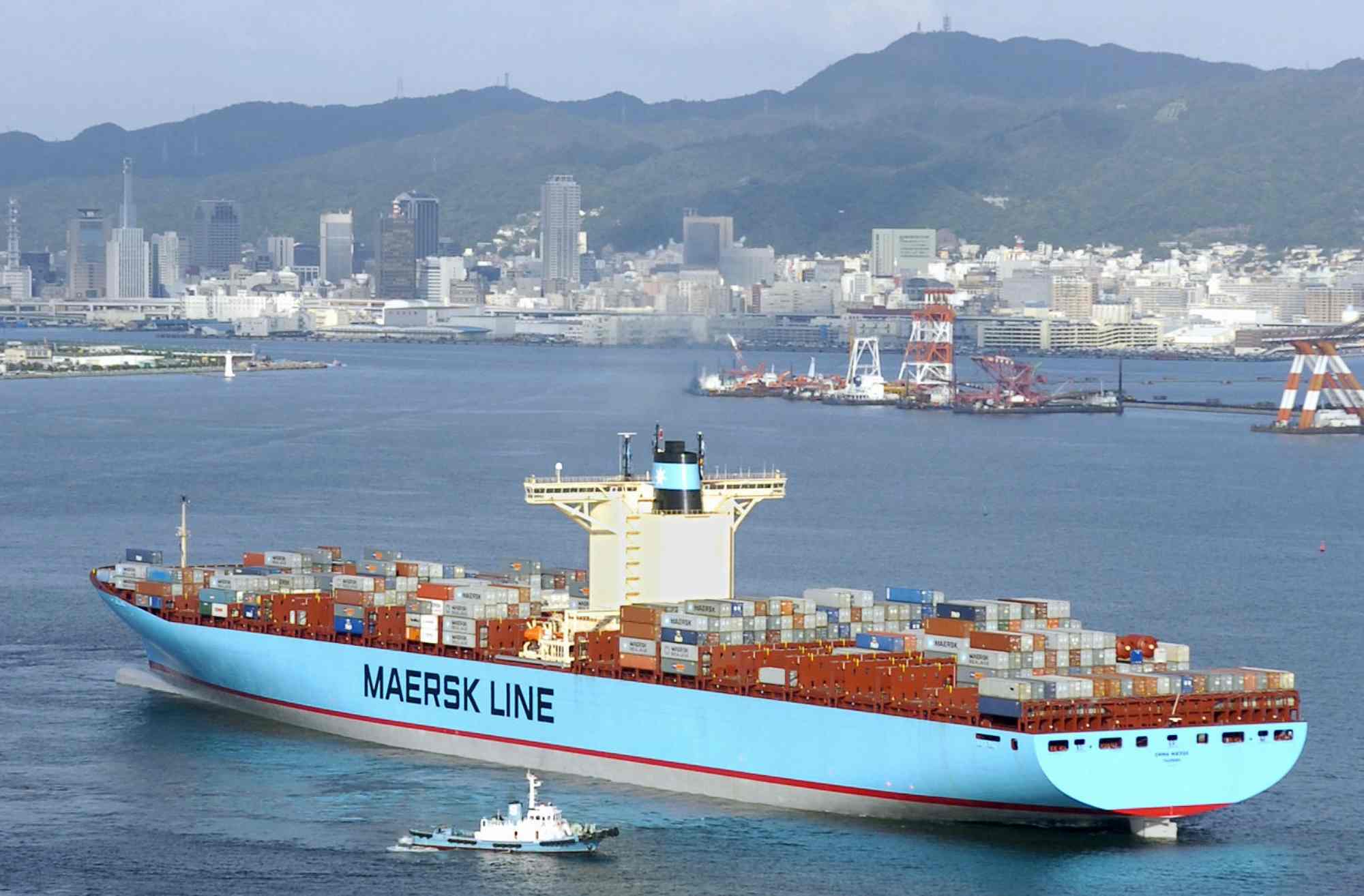
Business
15:15, 05-Dec-2018
Investor pressure sees Shell, Maersk issue carbon commitments
Updated
14:44, 08-Dec-2018
Nicholas Moore

Some of the business world's biggest polluters are listening to growing investor pressure over emissions, with oil and gas giant Royal Dutch Shell and the world's biggest shipping company Maersk announcing major energy commitments this week.
Shell, which was ranked the world's fourth-biggest toxic air polluter by the University of Massachusetts earlier this year, said on Monday it would set carbon targets from next year, after announcing last year's plans to cut its carbon footprint by 50 percent by 2050.
Meanwhile, the Financial Times on Tuesday reported that Maersk had committed to reducing its emissions to zero by 2050, with COO Soren Toft telling the newspaper "We will have to abandon fossil fuels. We will have to find a different type of fuel or a different way to power our assets."
"This is not just another cost-cutting exercise. It's far from that. It's an existential exercise, where we as a company need to set ourselves apart."
Shell's announcement, which also included an innovative incentive scheme linking the pay of executives to its carbon reduction targets, comes after the sustained pressure from increasingly powerful green-focused investors.
One group of investors, in particular, Climate Action 100+, has grown increasingly powerful in pushing for policies on climate change in the corporate sector.
In fact, Shell's announcement on Monday came in the form of a joint statement with Climate Action 100+, with the investor group saying "We believe climate change to be one of the greatest systemic risks facing society today," while praising Shell as having "taken a significant leadership position within the oil and gas sector" in terms of reducing its carbon footprint.
So how does Climate Action 100+ wield so much influence?
The initiative is backed by 310 investors, who collectively have 32 trillion U.S. dollars under management. According to the Climate Action 100+ website, "Global collaborative investor engagement sends a powerful signal – directly to companies – that investors are asking for and expect companies to respond to climate change."
The initiative has drawn up a list of 100 focus companies that signatory investors are pushing to establish climate change frameworks, policies and greater transparency. That list also includes Danish shipping giant Maersk.

If the shipping industry was counted as a country, in 2015 it would have been the sixth-largest source of CO2 emissions in the world, according to the International Council on Clean Transportation. /VCG Photo
If the shipping industry was counted as a country, in 2015 it would have been the sixth-largest source of CO2 emissions in the world, according to the International Council on Clean Transportation. /VCG Photo
The most recent UN data show that the shipping industry accounts for 1.9 percent of the global carbon emissions each year – more than the entire CO2 output of Germany.
While Maersk's 2050 target remains more than three decades away, the company has itself been a vocal supporter of green policy change. In the past decade, Maersk's emissions have not increased despite strong growth.
According to Marine Link, Toft says the company is investing in "significant resources for innovation and fleet technology to improve the technical and financial viability of decarbonized solutions," as the shipping sector looks for cost-effective carbon-neutral vessels.
Despite the achievements of the Paris Climate Agreement, shipping is still not regulated by any international treaty on climate change. The United Nations International Maritime Organization unveiled what it described as a "vision" for reducing emissions within the shipping industry earlier this year, but it fell short of providing a legally binding agreement.
Climate Action 100+ counts the Asia Investment Group on Climate Change as one of its partners, with Asian backers including China Asset Management supporting the initiative. Collectively, Climate Action 100+'s Asian investors manage 2.3 trillion U.S. dollars' worth of assets.
Earlier this year, the U.S.-based Institute for Energy Economics and Financial Analysis said in a report that China was "by far the largest force in global clean energy development," with the country seeing a significant shift toward green investment.

SITEMAP
Copyright © 2018 CGTN. Beijing ICP prepared NO.16065310-3
Copyright © 2018 CGTN. Beijing ICP prepared NO.16065310-3